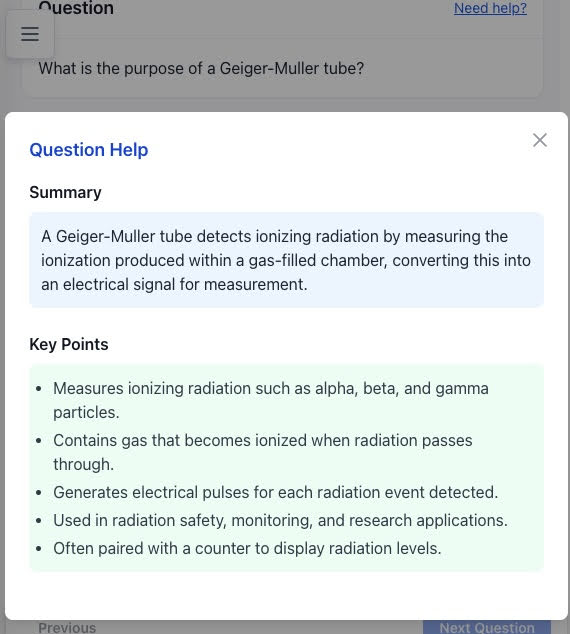Debunking GCSE Revision Myths: What NOT to Do When Studying...
What NOT to Do When Studying - Identifies and corrects common misconceptions and inefficient study practices, such as cramming or passive reading, helping st...
When it comes to preparing for your GCSE exams, it's crucial to have an effective study strategy in place. However, there are several common myths and misconceptions about revision that can actually hinder your progress rather than help you succeed. In this blog post, we will debunk some of these myths and provide you with valuable insights on what NOT to do when studying for your GCSE exams.
Myth #1: Cramming is an Effective Study Technique
One of the most prevalent myths about revision is that cramming the night before an exam can help you retain information better. In reality, cramming is a highly inefficient study technique that can lead to stress, burnout, and poor performance on the exam. Instead of cramming, it's essential to space out your study sessions over a longer period of time to allow for better retention and understanding of the material.
Myth #2: Passive Reading is Sufficient for Learning
Another common misconception is that simply reading through your notes or textbooks passively is enough to absorb the information. However, passive reading does not engage your brain actively, making it difficult to retain the material in the long term. To enhance your learning, it's important to use active study techniques such as summarizing, highlighting key points, and practicing with past papers.

Myth #3: Multitasking Boosts Productivity
Many students believe that multitasking, such as studying while watching TV or listening to music, can help them be more productive. In reality, multitasking divides your attention and impairs your ability to focus on the task at hand. To study effectively, it's best to eliminate distractions and create a conducive study environment that allows you to concentrate fully on the material.
Myth #4: All-Nighters Lead to Success
Pulling an all-nighter before an exam is a common practice among students, with the belief that it can help them cram more information and perform better. However, lack of sleep can impair cognitive function, memory retention, and overall performance on the exam. It's essential to prioritize a good night's sleep before the exam to ensure that your brain is well-rested and ready to tackle the challenges ahead.
In conclusion, debunking these common GCSE revision myths can help you adopt more effective study practices and avoid wasting time on inefficient techniques. By spacing out your study sessions, actively engaging with the material, eliminating distractions, and prioritizing sleep, you can optimize your revision process and set yourself up for success on your exams.